Migration of Unaccompanied Children From Central America: Causes, Assistance and Effectiveness
U.S. agencies have sought to address causes of unaccompanied alien child (UAC) migration through recent programs, such as information campaigns to deter migration, developed in response to the migration increase and other long-standing efforts. The recent migration increase was likely triggered, according to U.S. officials, by several emergent factors such as the increased presence and sophistication of human smugglers (known as coyotes) and confusion over U.S. immigration policy. Officials also noted that certain persistent conditions such as violence and poverty have worsened in certain countries. In addition to long-standing efforts, such as U.S. Agency for International Development (USAID) antipoverty programs, agencies have taken new actions. For example, Department of Homeland Security (DHS)-led investigative units have increasingly sought to disrupt human smuggling operations. This book reviews U.S. assistance in El Salvador, Guatemala, and Honduras addressing agency-identified causes of UAC migration; how agencies have determined where to locate these assistance efforts; and the extent to which agencies have developed processes to assess the effectiveness of programs seeking to address UAC migration.
{{comment.content}}
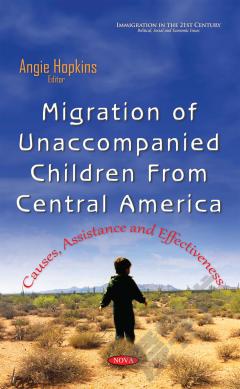
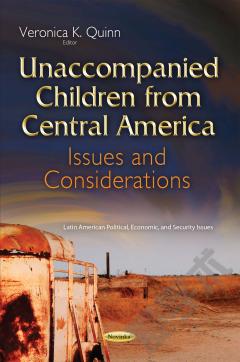

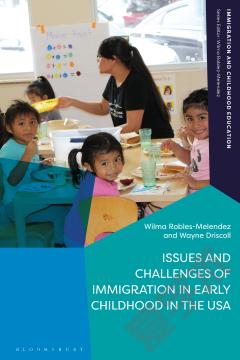
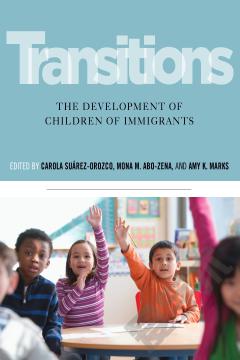

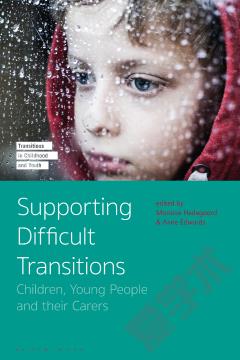

 京公网安备 11010802027623号
京公网安备 11010802027623号